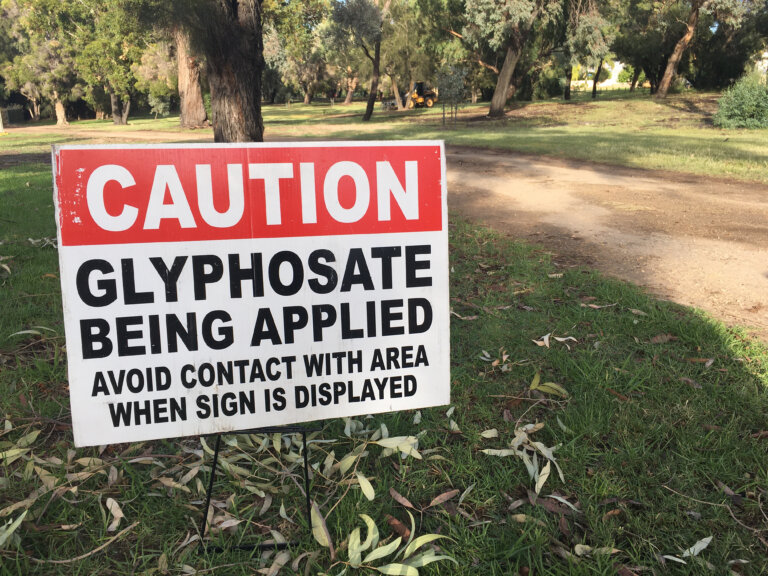Researchers with the International Agency for Research on Cancer (IARC) conclude glyphosate is “probably carcinogenic” to humans. Other research supports the conclusion that glyphosate exposure could increase a person’s chance of developing non-Hodgkin’s lymphoma. Glyphosate herbicide is the main ingredient in Roundup. If you were diagnosed with cancer after Roundup exposure, keep reading to learn more about glyphosate and Roundup cancer lawsuits from a Roundup litigation attorney.
Research Regarding Glyphosate & Roundup
The WHO’s IARC maintains that glyphosate exposure increases the risk of non-Hodgkin’s lymphoma. Our EPA (U.S. Environmental Protection Agency) released a draft human risk assessment concluding that glyphosate is not likely carcinogenic to humans. The assessment found no other meaningful risks to humans when the product is used according to the directions on the pesticide label.
However, other studies have found a link between Roundup exposure and cancer. A review and update in Science Direct concluded there was a pattern of evidence showing herbicide glyphosate (Roundup) and other GBFs (glyphosate-based formulations) can increase the risk of non-Hodgkin’s lymphoma in humans. A University of Washington study found more than a 40% increase in the risk of developing specific cancers after glyphosate exposure. Roundup exposure increased the risk of non-Hodgkin’s lymphoma by more than 41 percent.
Another study linked glyphosate exposure to thyroid cancer. Another study found an increased risk of liver inflammation in children exposed to glyphosate.
Roundup and other glyphosate-based herbicides are the most commonly used weed killers in the United States. Exposure to Roundup and glyphosate raises serious health concerns because of its link to specific types of cancer in humans.
Is Roundup Safe for the Environment?
Herbicides control weeds, but the use of herbicides like Roundup glyphosate can damage landscape plants and other desirable plants. Even the EPA reports herbicides can cause damage to plants when they enter streams. There is concern about how products containing glyphosate can adversely impact the ecosystem. For humans, there could be a risk of exposure to Roundup glyphosate through runoff and drift.
What Happens if Someone is Exposed to Roundup & Glyphosate?
Glyphosate and Roundup exposure could increase the risk of non-Hodgkin’s lymphoma (NHL). The symptoms of NHL can include, but are not limited to:
- Swollen lymph nodes in the groin, neck, and armpits
- Trouble breathing, chest pain, and/or coughing
- Fever
- Persistent fatigue
- Abdominal pain and/or swelling
- Unexplained weight loss
- Night sweats
Thyroid cancer and other sub-categories of NHL could have additional or different symptoms. If you experience any adverse symptoms, it is wise to seek immediate medical care.
If there is a link between your cancer and Roundup, you might be entitled to compensation from the manufacturer. Thousands of people have sued Bayer (who purchased Monsanto in 2018) alleging exposure to glyphosate caused their cancer. If they prove that Roundup exposure is responsible for their cancer, they could receive compensation for medical bills, pain and suffering, lost wages, and other damages.
Contact a Mass Torts Attorney About a Roundup Cancer Lawsuit
If you were diagnosed with cancer and were exposed to glyphosate or Roundup, contact a Roundup cancer lawsuit attorney for a free consultation. You could receive compensation for your economic damages (financial losses) in addition to your non-economic damages (pain and suffering). Reach out to our office today for help with your case.

